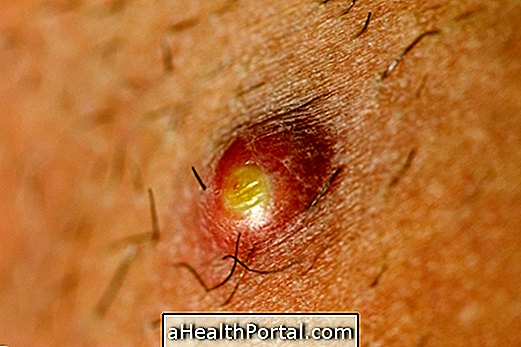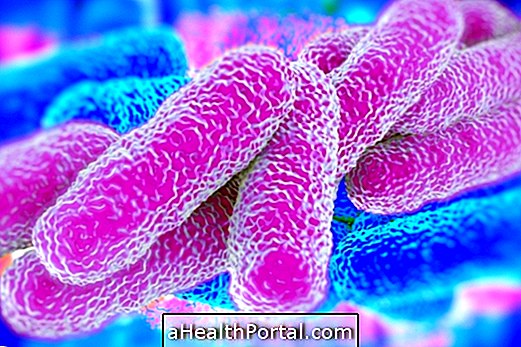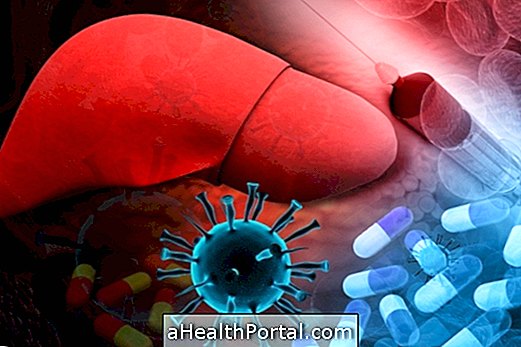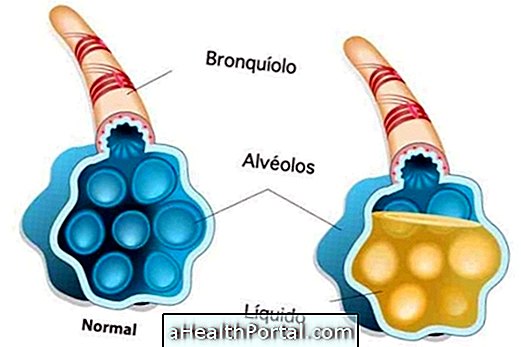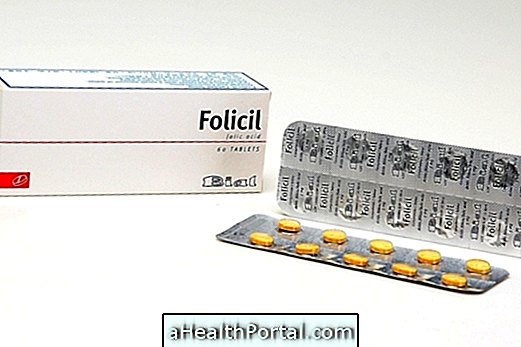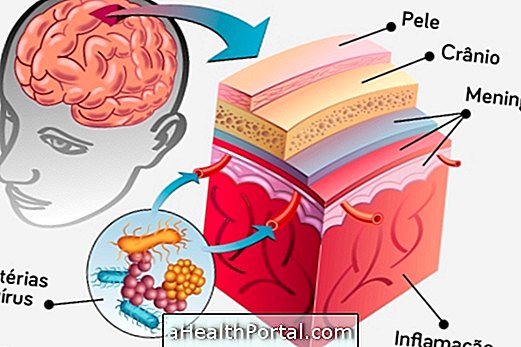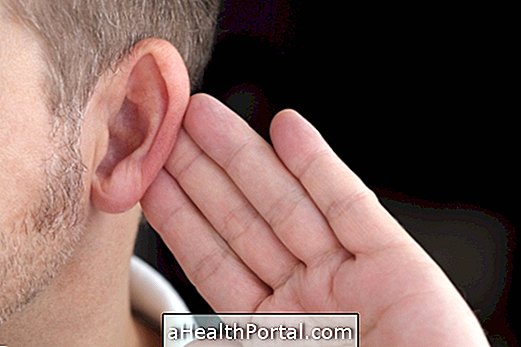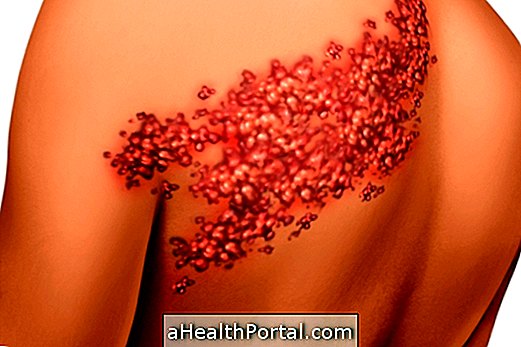Dengue symptoms include fever, body aches and easy tiredness, which are also common in Zika and in viruses. Therefore, to really know if it is dengue you should observe all the symptoms presented and also their intensity to be able to inform the doctor with the maximum of details.
Know what to talk to the doctor and what tests to do to get to the correct diagnosis and follow the most appropriate treatment.
When it is dengue fever
In dengue the symptoms are stronger, the fever is higher, surpassing the 38ºC. In addition, during the summer when the epidemic of dengue is higher in several states of Brazil there is a greater suspicion of this disease in relation to the virus, for example.
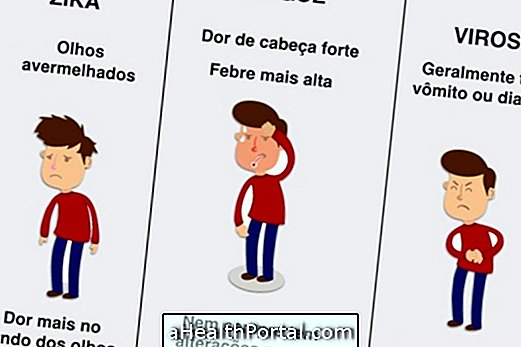
When is Zika?
The symptoms of Zika are milder than those of dengue fever and last less time. The fever does not exceed 38 ° C and the person may experience headache, but this is more frequent in the back of the eyes.
The symptoms of dengue and Zika are very similar and there is no test that can identify these viruses and is available for the whole population, so the doctor does the diagnosis of dengue or Zika when there are more similar cases in the same region.
When is Virose
Usually the doctor indicates that it is a virus when symptoms are mild such as low fever, loss of appetite and pain in the body, which can make the person more tired. When these symptoms have been present for more than 3 days and others do not appear and are not in dengue season, the doctor may come to the conclusion that it is a virus.
This hypothesis is reinforced when it serves several patients within the same region who exhibit the same symptoms, which is common in children attending the same kindergarten or school, for example.
What to tell your doctor to help with the diagnosis
When the person has symptoms such as fever, muscle pain, tiredness and tiredness, go to the doctor to find out what is happening. In medical consultation it is important to give details such as:
- Symptoms presented, highlighting their intensity, frequency and order of appearance;
- Where he lives and last visited places because in times of epidemic of dengue it must be verified if he was near the places with more registered cases of the disease;
- Similar cases in the family or neighbors;
- When the symptoms arose because if the symptoms arose after some meal, this can indicate an intestinal infection, for example.
Talking about whether you have had these symptoms before and if you have taken any medicine can also help the doctor to find out which illness it is, making it easier for you to order the tests and the most appropriate treatment for each case.
Diseases with dengue-like symptoms
Many diseases can have symptoms similar to the symptoms of dengue, so in the face of a suspected dengue it is important to seek medical help to make the correct diagnosis and implement the appropriate treatment.
Some diseases that can be confused with dengue because they also cause fever and pain in the body are:
- Zika: The fever is milder and the dandruff on the skin begins on the face;
- Virose: It has mild symptoms and can be transmitted to others who have the same symptoms;
- Yellow Fever: More common in Northern Brazil and some African countries, affecting people who have not been vaccinated against yellow fever and can be identified on a blood test;
- Measles: Skin patches are usually slightly larger than those caused by dengue and Zika and occur in people who have not had the measles vaccine in their infancy and can be identified on a blood test;
- Hepatitis A, B and C: Have other symptoms such as changes in skin color, urine and faeces and can also be identified on a blood test.
Thus, when symptoms alone are not sufficient to diagnose dengue, blood and urine tests, for example, should be performed to identify the possible causes.
Although there is no test that accurately identifies dengue with the presence of dengue symptoms and the absence of changes in blood tests may strengthen the dengue hypothesis, because other diseases can usually be identified through specific tests.


